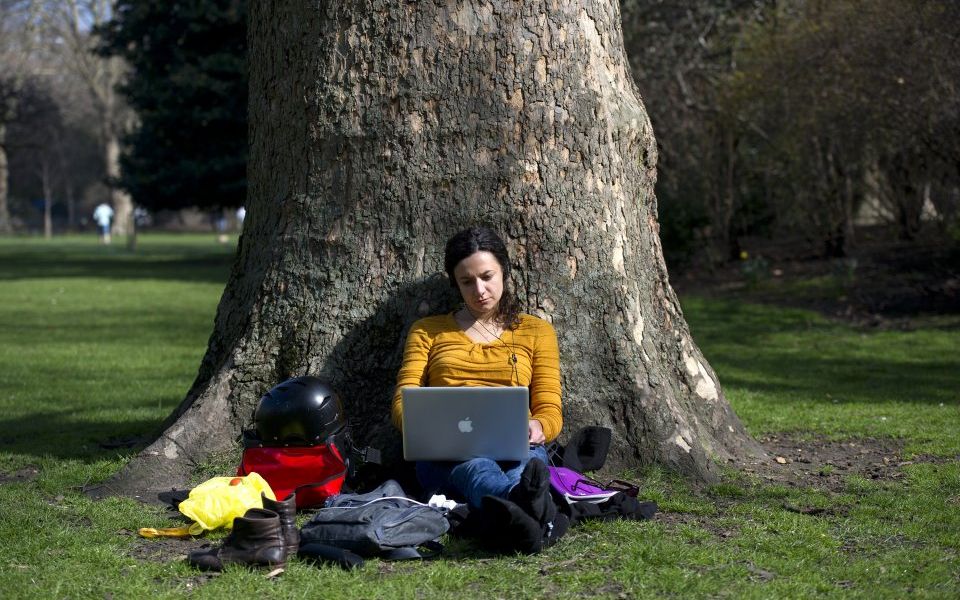DEBATE: With PwC letting workers choose their own hours, is the 9-to-5 working week still relevant?

With PwC letting workers choose their own hours, is the 9-to-5 working week still relevant?
While the idea of the traditional 9-5 might be shifting in terms of where and how we work, we certainly shouldn’t abandon the principle of specific working hours altogether.
There is no denying that technology is a fantastic enabler which empowers thousands of employees every day, allowing them to work flexibly and improve their work-life balance. However, when the right policies aren’t put in place, the technology used to enable flexible working can also create instances of employees being unable to switch off and encourage them to work longer hours than needed.
In order to prevent employees adopting practices which negatively impact their work-life balance and mental wellbeing, leaders need to ensure that they create a culture which doesn’t promote “digital presenteeism” – where employees feel like they have to be constantly online, even outside of their working hours. If leaders want to maintain a happy, productive and motivated workforce, they need to encourage their employees to draw clearer boundaries between work and life. And set hours can help with that.
£ Jason Downes is managing director of Powwownow.
Read more: New PwC recruits to set own hours under flexible working scheme
Martin Martinoff, programme manager of AuditFutures at ICAEW, says NO.
Technology has enabled most professionals to do anything from anywhere. We work in a 24/7 contact culture, so for most people, working 9-to-5 is already in the past. With such high demand for our time, flexible working is good for productivity, but it is also necessary for morale and mental health.
Technology makes collaboration across different locations and time zones possible. Our businesses are becoming more global, and many are already seeing their working hours change to respond to clients across the world. On top of this, the needs of the workforce are changing. Young people prioritise different things to workers of their parents’ generation. Mothers are returning to work, but still shoulder the burden of childcare. Technology opens up the world of work for those who can’t commit to the 9-to-5.
As technology helps our businesses become more global and more inclusive, traditional working hours will become less relevant.
Read more: Checking emails on the daily commute 'should count as work'